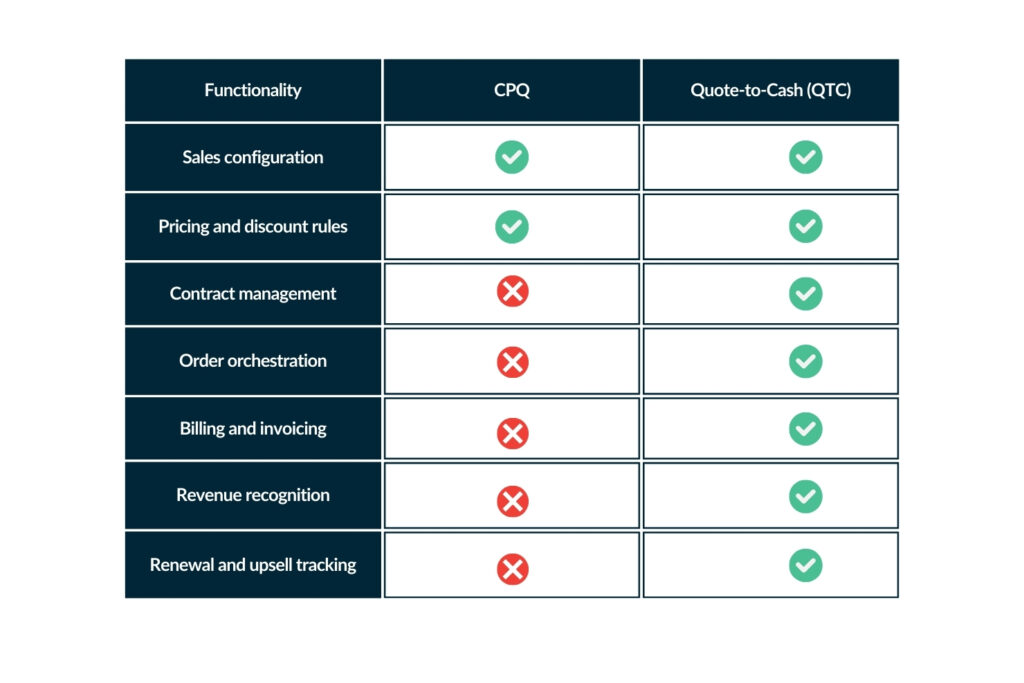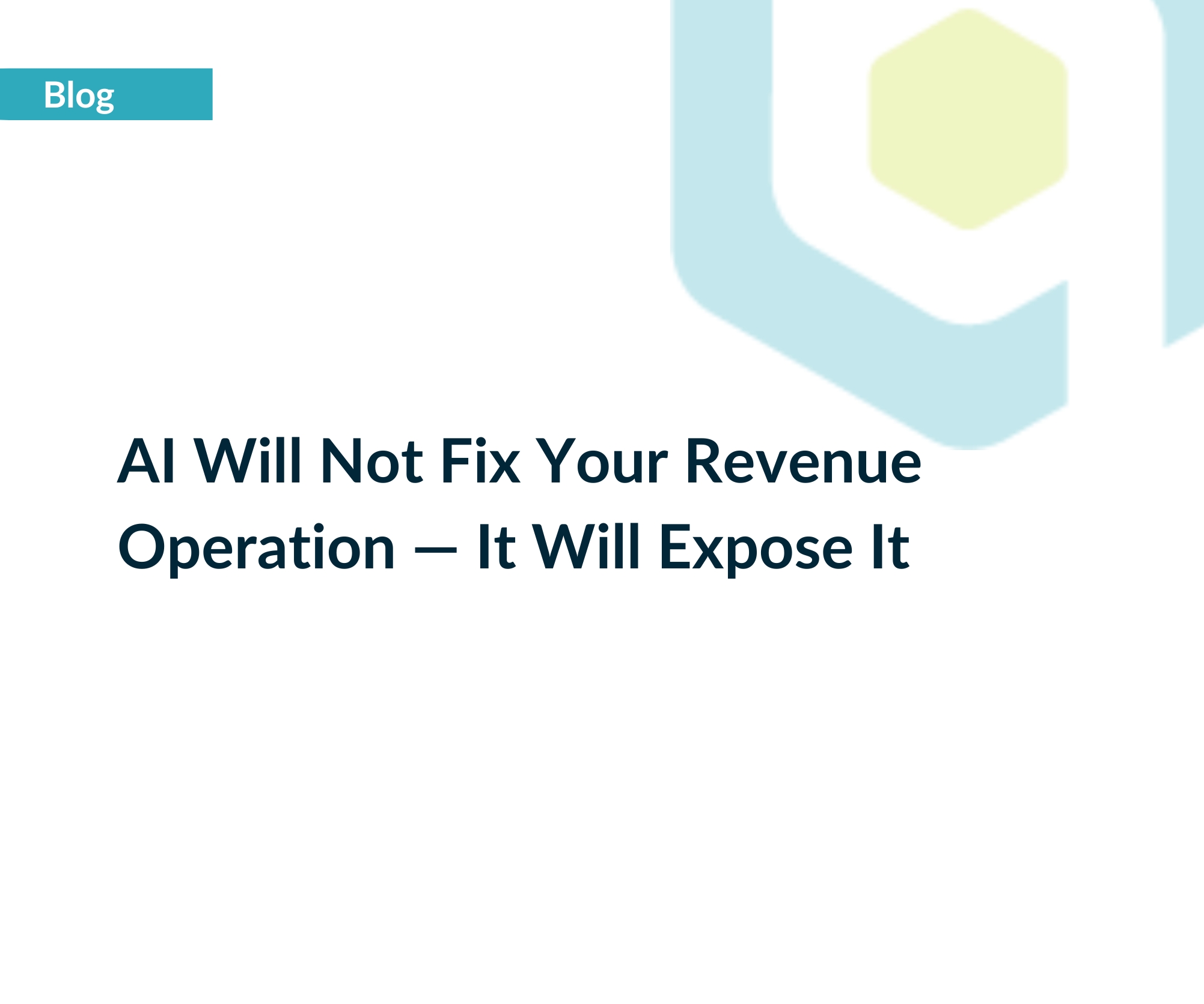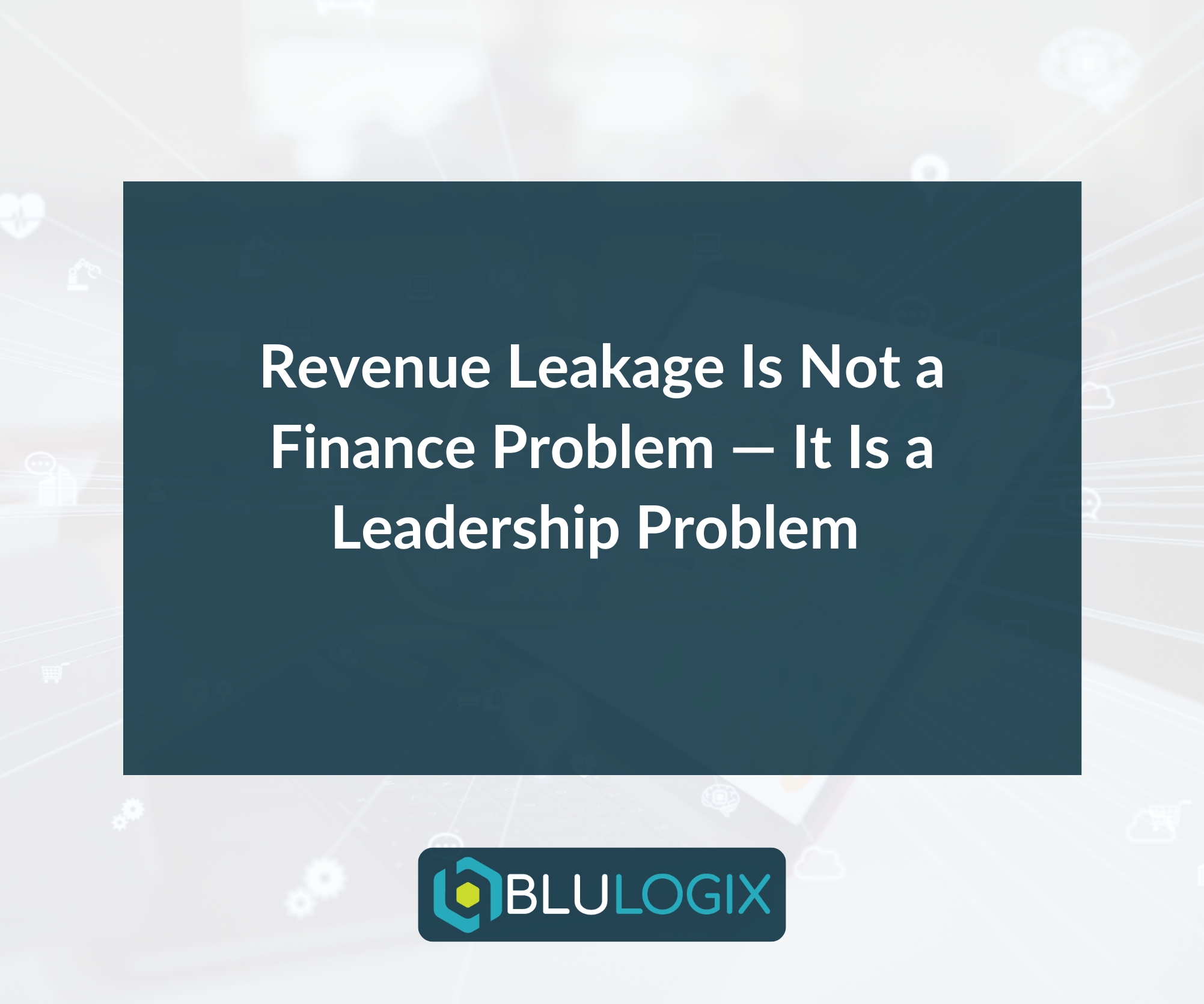See why growth companies choose BluIQ
The Ultimate in Flexibility and Scalability for Subscription Management and Billing.

BluIQ is a configurable platform that bridges the gaps between your CRM, ERP and related business processes.

Customize Your Monetization Platform Quickly and Cost-Effectively.

The Ultimate Flexibility and Scalability to Process Complex Data Staging & Mediation Scenarios with Ease

End-to-end Integration for Seamless Order Activation and Provisioning

BluLogix Chargeback & Cost Recovery for Public Sector and Enterprise Organizations

BluIQ gives you reporting, intelligence and insights in one package.

Empowering Ecommerce, Self-Management, and Seamless Renewals with Channel Support


Lessons, observations and insights for the subscription business

How BluIQ helps our customers’ subscription businesses successfully grow

The latest news and analyst reports on the Software-as-a-Service and Subscription industry

Attend an event near you to connect, learn, and gain inspiration.

The best companies in the world trust BluLogix for all of their billing needs

A collection of recorded webinars and videos on Software-as-a-Service and Subscription Management

Details on BluIQ subscription management and billing platform specifications

Subscription and Software-as-a-Service guides with actionable insights

Why Top Companies Choose BluLogix
In today’s world of subscriptions, services, and hybrid business models, closing a deal is just the beginning. From usage-based pricing to long-term service contracts, the way companies generate revenue has become way more complex. That’s where tools like CPQ and broader Quote-to-Cash (QTC) frameworks come in.
You’ve probably heard these terms thrown around—sometimes even used interchangeably—but here’s the truth: CPQ and Quote-to-Cash aren’t the same thing. And understanding the difference isn’t just helpful—it’s essential if you’re aiming to scale smartly and avoid costly roadblocks.
Let’s start with CPQ, which stands for Configure, Price, Quote. Think of it as your sales team’s best friend when it comes to putting together complex product or service quotes quickly—and getting them right the first time.
A solid CPQ tool helps with:
So, if you’re selling something like a cloud-based platform with usage-based pricing, add-ons, and compliance features, CPQ ensures your reps don’t misquote or offer the wrong combo.
Now, let’s zoom out. Quote-to-Cash is the entire revenue process—from the moment you generate a quote to the point where you’ve billed the customer and recognized the revenue. It includes:
In short: CPQ is one important piece of the puzzle, but Quote-to-Cash is the full picture. It links together your sales, finance, legal, and customer ops teams into one seamless flow. That means fewer handoffs, less confusion, and happier customers.
Because it’s not just semantics—it’s about scaling without the headaches.
Many growing companies invest in CPQ to fix quoting errors (which is great), but then they hit a wall. Manual billing, fulfillment delays, mismatched contract terms—sound familiar?
Here’s a simple way to look at it:
So, if deals are stalling after they’re signed, or finance is scrambling to reconcile invoices with what sales promised, you probably need a full QTC strategy.
Here’s a practical comparison:

One of the biggest differences between CPQ and QTC is how they fit into your tech stack.
At BluLogix, we see this issue all the time: sales teams live in one system, finance in another, operations in a third. The result? Disconnected workflows, missed handoffs, and lost revenue.
A unified QTC platform solves that by making sure everyone works off the same data—from sales quote to revenue report.
Here are a few quick questions to help you figure that out:
If you’re shaking your head “no” to any of those, it’s time to think beyond CPQ.
CPQ is powerful—it helps you build deals quickly and accurately. But without the rest of the Quote-to-Cash engine (contracts, billing, provisioning, revenue tracking), it’s like having a race car engine with no wheels.
The companies that are winning today? They’re moving from standalone sales tools to integrated revenue operations that support dynamic pricing, recurring revenue, and customer-first experiences.
Want to see what that looks like in action? Join us for our upcoming BluLogix webinar:
“Consolidate to Scale — Modernize Your Quote-to-Cash Engine: Rethinking Your Monetization Stack for 2025.”



| Cookie | Duration | Description |
|---|---|---|
| cookielawinfo-checbox-analytics | 11 months | This cookie is set by GDPR Cookie Consent plugin. The cookie is used to store the user consent for the cookies in the category "Analytics". |
| cookielawinfo-checbox-functional | 11 months | The cookie is set by GDPR cookie consent to record the user consent for the cookies in the category "Functional". |
| cookielawinfo-checbox-others | 11 months | This cookie is set by GDPR Cookie Consent plugin. The cookie is used to store the user consent for the cookies in the category "Other. |
| cookielawinfo-checkbox-necessary | 11 months | This cookie is set by GDPR Cookie Consent plugin. The cookies is used to store the user consent for the cookies in the category "Necessary". |
| cookielawinfo-checkbox-performance | 11 months | This cookie is set by GDPR Cookie Consent plugin. The cookie is used to store the user consent for the cookies in the category "Performance". |
| viewed_cookie_policy | 11 months | The cookie is set by the GDPR Cookie Consent plugin and is used to store whether or not user has consented to the use of cookies. It does not store any personal data. |
The Ultimate in Flexibility and Scalability for Subscription Management and Billing.
